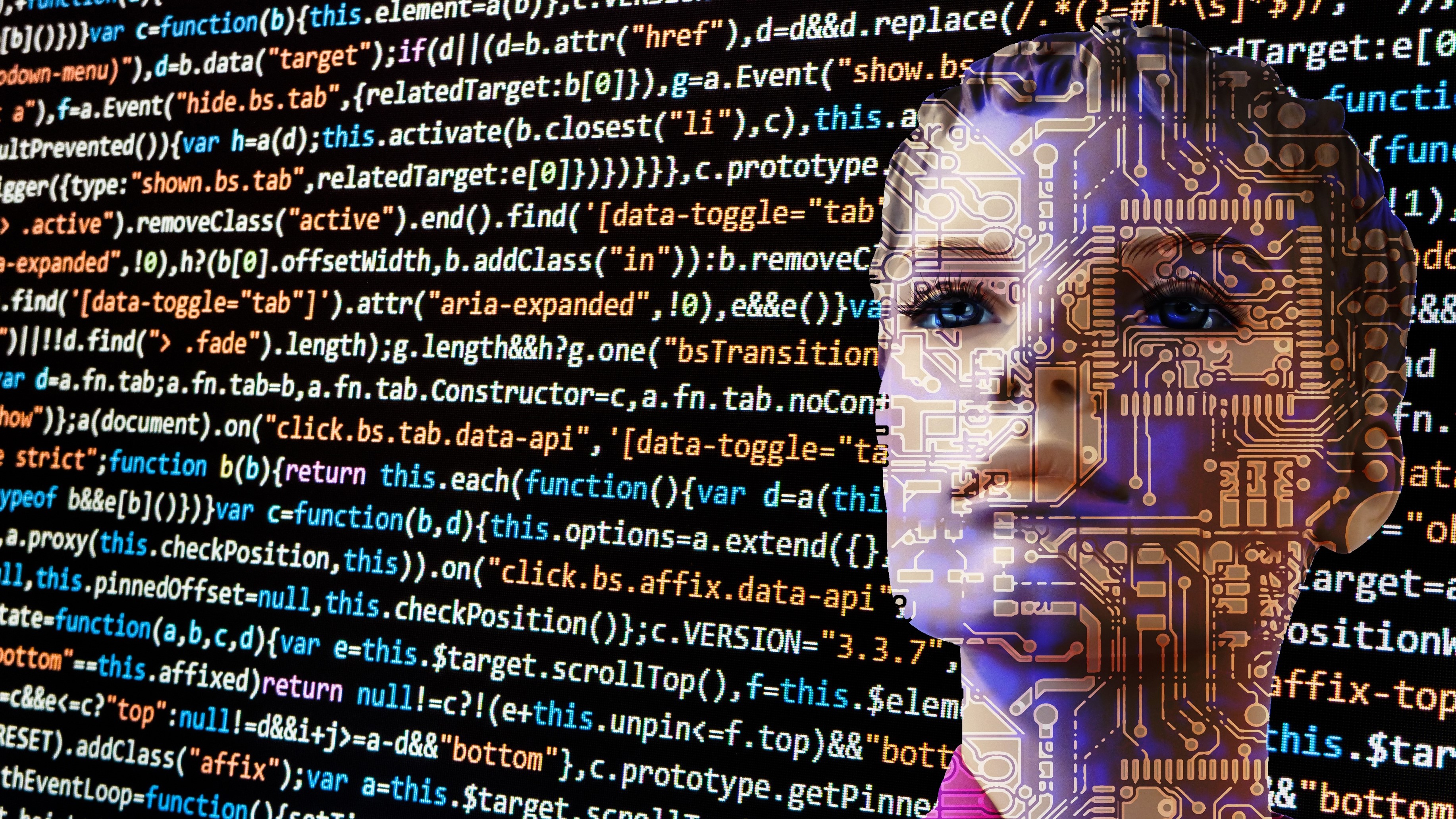When you purchase through links on our site, we may earn an affiliate commission.Heres how it works.
Artificial General Intelligence, when it exists, will be able to do many tasks better than humans.
The latest algorithms also proactively respond to errors and threats, alerting teams and recording logs of unusual activity.

Image Credit: Geralt / Pixabay
These systems have developed further and can even predict certain outcomes based on previously observed patterns.
This ability to learn and respond is being adapted to all kinds of technology.
One that persists is the use of AI tools in envirotech.
AIs undeniable strengths
GenAI isnt inherently energy intensive.
That isnt to say innovation should be discouraged.
Some engineers will be replaced eventually by this technology, but the industry should approach it carefully.
They’re here, they’re doing better than an average human-driver.
But in some edge cases they can be dangerous.
Similarly, as has been observed withChatGPT, models can degrade over time.
The more flexible the model, the more likely it can misfire and function suboptimally.
This can manifest as data or concept drift, an issue where a model invalidates itself over time.
This is one of many inherent issues with attaching probabilistic models to deterministic tools.
The risk is we create AI overlays for systems that require deterministic inputs.
Trying to make the barrier to entry for complex systems lower is admirable, but these systems require precision.
Moreover, it adds another layer of energy consuming software to a tech stack for minimal gain.
Can AI help achieve sustainability goals?
The future is unknown, and climate change is happening now.
We’ve listed the best collaboration platform for teams.
The views expressed here are those of the author and are not necessarily those of TechRadarPro or Future plc.
If you are interested in contributing find out more here:https://www.techradar.com/news/submit-your-story-to-techradar-pro